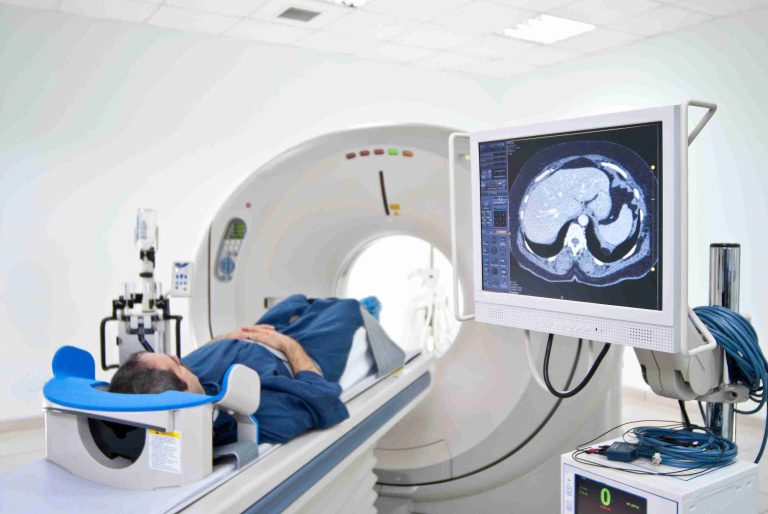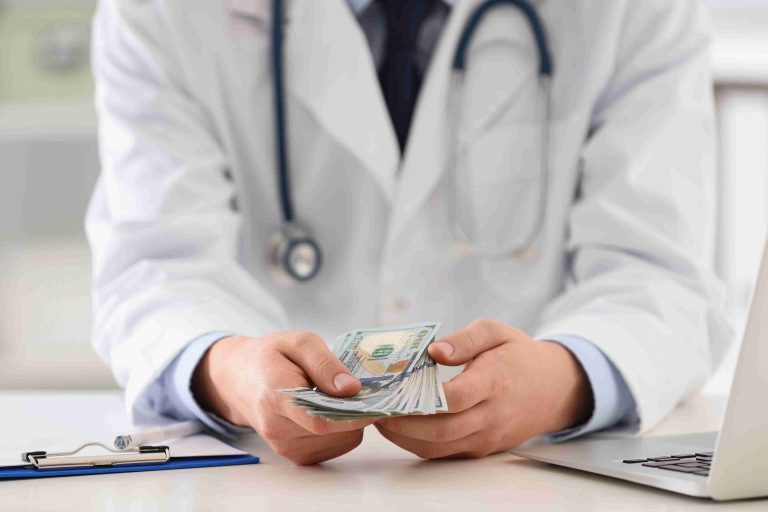Gastric discomfort is something most people experience at some point in their lives, but not all stomach-related symptoms are the same. Two common complaints—gastric pain and heartburn—are often confused because they can occur in similar areas of the body and may be triggered by similar factors. However, understanding the distinction between these conditions is essential for effective relief and long-term health.
This article breaks down the differences between gastric pain and heartburn, explores their causes, signs, and risk factors, and outlines ways to manage each condition appropriately.
Understanding Gastric Pain
Gastric pain refers to discomfort originating from the stomach. It is usually felt in the upper abdomen, just below the ribcage, and can be sharp, cramp-like, or dull and persistent. Gastric pain may be associated with a variety of gastrointestinal conditions, ranging from mild indigestion to more serious issues like gastritis or peptic ulcers.
Common causes of gastric pain include eating too quickly, excessive consumption of spicy or fatty foods, bacterial infections such as Helicobacter pylori, and overuse of nonsteroidal anti-inflammatory drugs (NSAIDs). Stress and smoking can also exacerbate gastric issues.
The timing of the pain can offer clues. Gastric pain may occur shortly after eating, especially if the stomach lining is irritated. In some cases, it might worsen on an empty stomach or improve temporarily after food intake. This is especially true in ulcer-related discomfort.
What Is Heartburn?
Heartburn, on the other hand, is not a problem with the stomach itself, but rather with the esophagus. It is a symptom of acid reflux or gastroesophageal reflux disease (GERD), where stomach acid flows backward into the esophagus. This backward flow irritates the esophageal lining, causing a burning sensation in the chest, behind the breastbone.
Unlike gastric pain, heartburn is characterized by a distinct burning or warmth rising from the lower chest toward the throat. It often worsens after meals, especially when lying down or bending over. Other symptoms may include a sour or bitter taste in the mouth, regurgitation of food or acid, and chronic coughing.
Heartburn is often triggered by overeating, high-fat meals, caffeine, chocolate, alcohol, and carbonated beverages. Obesity, pregnancy, and certain medications can also increase the likelihood of acid reflux.
Gastric Pain vs. Heartburn: Key Differences
Although both conditions can be uncomfortable and occur after eating, they differ in origin, sensation, and management.
Gastric discomfort stems from problems within the stomach itself, such as inflammation or infection. The discomfort tends to be more central and abdominal, and may present with nausea, bloating, or even vomiting.
Heartburn originates from the esophagus due to acid reflux. The burning pain travels upward into the chest and may be accompanied by difficulty swallowing or hoarseness.
The most important distinction lies in the cause. Gastric distress involves actual injury or irritation to the stomach lining, whereas heartburn results from acid entering the esophagus where it does not belong.
When to See a Doctor
While occasional epigastric pain or heartburn can often be managed with lifestyle changes and over-the-counter remedies, persistent or severe symptoms should not be ignored. If upper abdominal pain is accompanied by black or bloody stools, unexplained weight loss, or vomiting blood, it could indicate a serious underlying condition like a bleeding ulcer or stomach cancer.
Similarly, frequent or intense heartburn that disrupts sleep or daily activities may be a sign of GERD, which requires medical evaluation. Chronic reflux can damage the esophagus over time and increase the risk of Barrett’s esophagus or esophageal cancer.
If you experience chest pain that mimics heartburn but is associated with shortness of breath, dizziness, or pain radiating to the arm or jaw, seek immediate medical attention to rule out a heart attack.
How to Manage Gastric Pain
The treatment of gastric pain depends on its root cause. For mild indigestion, eating smaller meals, chewing food thoroughly, and avoiding spicy or greasy foods can help. Antacids or acid-reducing medications may offer temporary relief.
For chronic conditions like gastritis or ulcers, doctors may prescribe proton pump inhibitors (PPIs), H2 blockers, or antibiotics if a bacterial infection is involved. Avoiding NSAIDs and alcohol can also reduce irritation of the stomach lining.
Managing stress is another key component, as anxiety can increase stomach acid production and worsen gastric pain. Practicing relaxation techniques, such as deep breathing, yoga, or mindfulness, may help.
How to Relieve Heartburn
Lifestyle changes are often the first line of defense against heartburn. Eating smaller meals, avoiding trigger foods, and not lying down for at least two to three hours after eating can prevent acid reflux episodes. Elevating the head of the bed during sleep may also reduce nighttime symptoms.
Medications like antacids, H2 blockers, and PPIs can be used to reduce stomach acid production and alleviate symptoms. If these do not work, a doctor may evaluate for more advanced treatments or complications.
Long-term use of PPIs should be supervised, as they can have side effects like nutrient malabsorption or increased risk of gastrointestinal infections.
Prevention Tips for Both Conditions
Whether you’re dealing with gastric pain or heartburn, certain preventive strategies apply to both:
- Eat slowly and avoid overeating. Give your digestive system time to work effectively and avoid sudden surges in acid production.
- Limit spicy, acidic, fatty, and fried foods. These are common triggers for both gastric irritation and reflux.
- Stay hydrated but avoid excessive caffeine, carbonated drinks, and alcohol. These can either irritate the stomach lining or relax the lower esophageal sphincter, making reflux more likely.
- Maintain a healthy weight. Obesity increases the risk of both acid reflux and gastric discomfort.
- Quit smoking. Tobacco can weaken the lower esophageal sphincter and increase stomach acid production.
- Monitor medications. Speak with your doctor if you take NSAIDs regularly, as they can damage the stomach lining.
Conclusion
Distinguishing between gastric pain and heartburn is essential for proper care and relief. While both involve the digestive system, they originate from different areas and require tailored approaches to treatment.
If you frequently experience upper abdominal discomfort, don’t assume it’s just minor indigestion. Pay attention to patterns, triggers, and associated symptoms, and don’t hesitate to consult a medical professional for proper diagnosis.
Being proactive in understanding and managing your digestive health can help you avoid complications, feel better, and improve your quality of life. Whether you’re trying to reduce gastric pain or stop that burning feeling in your chest, knowledge and timely care are your best allies.







